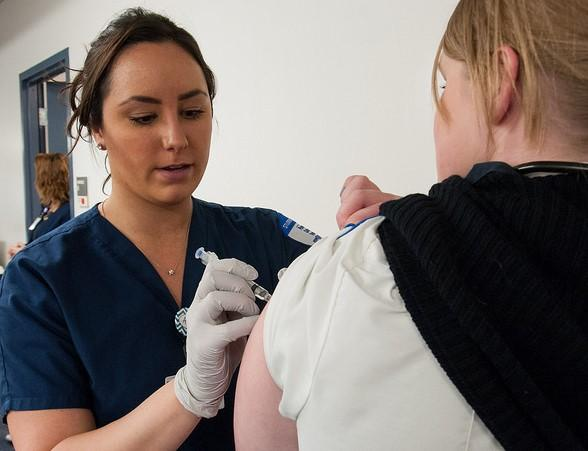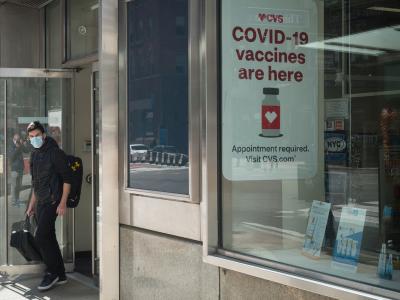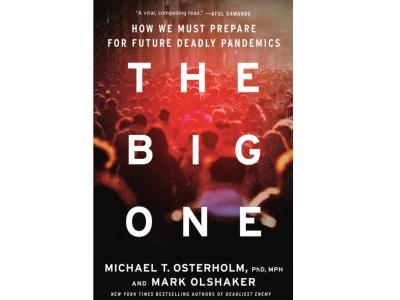Vermont has reported its first human case of Jamestown Canyon virus, a mosquito-borne disease. According to the state’s department of health, the case was confirmed earlier this week in a person from Windsor County.
While most Jamestown Canyon cases are mild, some can be severe. Immune-compromised individuals and the elderly are at risk for symptomatic illness, which can include fever, fatigue, and headache. Patients with severe cases also report confusion, loss of coordination, seizure, or a stiff neck.
“While cases of mosquito-borne illnesses are relatively rare, Vermonters can become infected and sometimes become very sick,” Vermont Interim Health Commissioner Julie Arel, MPH, said in a press release. “Even as the weather begins to cool, we encourage people to take steps to prevent mosquito bites.”
Even as the weather begins to cool, we encourage people to take steps to prevent mosquito bites.
There are no treatments or vaccines for Jamestown Canyon. This is the first year Vermont has tested mosquitoes for the virus; mosquitoes in three different areas of the state have tested positive since July.













